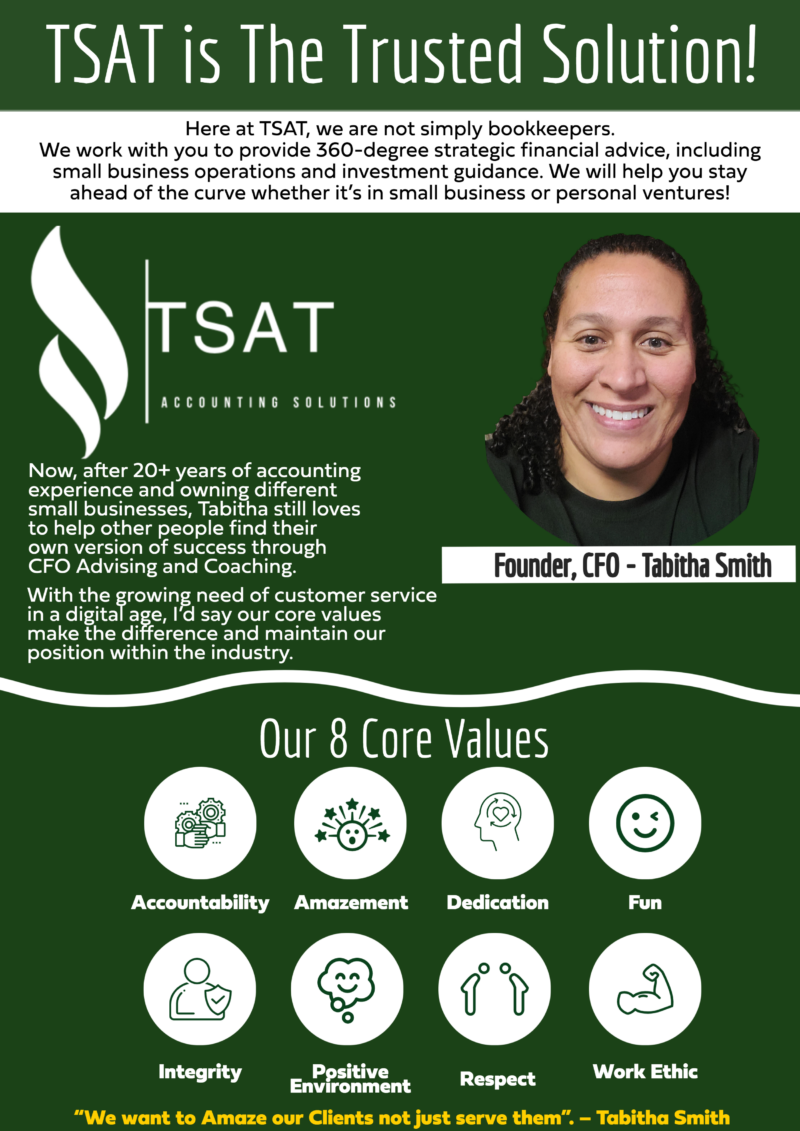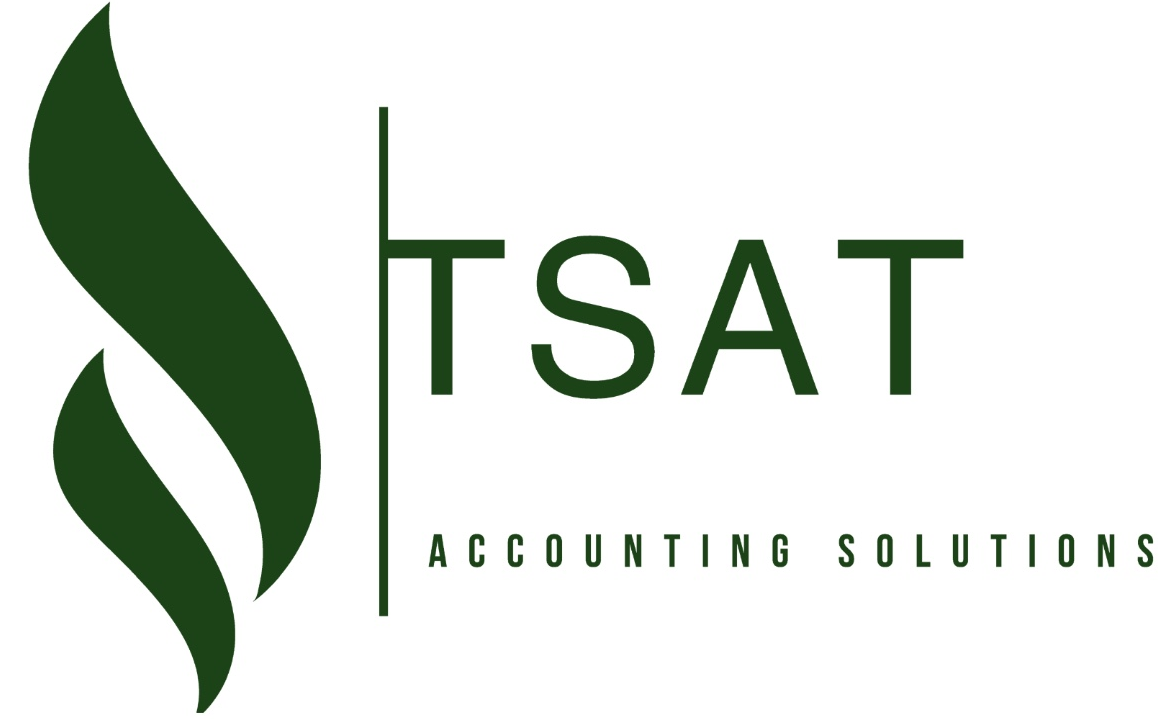
Navigating Cognitive Bias: A Comprehensive Guide for Small Business Owners
Cognitive biases are inherent in human nature, exerting subtle yet profound influences on decision-making and problem-solving.
Small business owners, often tasked with wearing multiple hats, are not exempt from these cognitive pitfalls. In this blog, we’ll delve even deeper into 13 cognitive biases that can affect small business owners and offer practical strategies to effectively counter them.
- Confirmation Bias: Confirmation bias entails the tendency to seek information that aligns with preexisting beliefs while ignoring conflicting evidence. To combat this bias, small business owners should actively cultivate a culture of open-mindedness within their organizations. Encourage diverse perspectives and promote constructive dissent during decision-making processes.
- Anchoring Bias: Anchoring bias occurs when an initial piece of information, or the “anchor,” disproportionately influences subsequent decisions. In small businesses, this bias can affect pricing strategies and financial planning. Mitigate anchoring bias by conducting thorough market research, consulting industry benchmarks, and exploring multiple reference points before making crucial financial decisions.
- Availability Heuristic: This cognitive bias arises from overestimating the importance of information readily available in memory. Small business owners must practice disciplined data collection and analysis. Avoid relying solely on the most recent or easily accessible information by seeking out a wide range of sources and perspectives.
- Overconfidence Bias: Overconfidence bias leads to an overestimation of one’s abilities and an underestimation of risks. To counter this bias, small business owners should cultivate self-awareness and humility. Encourage a culture of accountability within the organization, and actively seek external feedback to temper overconfidence.
- Sunk Cost Fallacy: The sunk cost fallacy traps individuals in a cycle of investing more resources into a project or decision simply because they’ve already committed substantial resources. Small business owners must develop the courage to cut their losses when necessary and revisit their strategies objectively.
- Bandwagon Effect: The bandwagon effect drives people to follow popular trends or the crowd, potentially steering businesses off course. Instead of blindly conforming to industry trends or mimicking competitors, small business owners should base decisions on their unique circumstances and a comprehensive understanding of their target audience.
- Endowment Effect: The endowment effect causes individuals to ascribe higher value to items they own, which can lead to suboptimal asset allocation. Small business owners should periodically assess their assets and be willing to divest resources that are no longer aligned with their business goals or market dynamics.
- Planning Fallacy: Planning fallacy manifests as overly optimistic forecasts and an underestimation of the time and resources required for projects. Small business owners should prioritize the development of realistic timelines and budgets, taking into account potential setbacks and uncertainties.
- Status Quo Bias: Status quo bias results in resistance to change or an attachment to familiar routines, even when better alternatives exist. While maintaining stability is important, small business owners should actively seek opportunities for innovation and improvement. Evaluating risks and rewards objectively can help in navigating the status quo.
- Hindsight Bias: Hindsight bias distorts our perception of past events, making them seem more predictable than they were. Small business owners should recognize that not all successes or failures were entirely foreseeable. Instead of dwelling on the past, focus on learning from both successes and failures to inform future decisions.
- Decision Fatigue: Small business owners often grapple with decision fatigue when they’re bombarded with a multitude of choices in a short period. To combat this, establish routines, delegate decision-making authority when feasible, and prioritize decisions based on their impact on the business’s strategic goals.
- Neglect of Probability: Neglect of probability involves downplaying the significance of statistical information when making decisions. Small business owners should incorporate data-driven decision-making into their operational processes, especially when assessing risks, market trends, and marketing strategies.
- Authority Bias: Authority bias leads individuals to unquestioningly follow the advice of perceived experts or authorities. While it’s crucial to seek guidance and advice, small business owners should maintain a healthy level of skepticism. Evaluate recommendations critically, considering their alignment with your business objectives and the unique context of your enterprise.
Strategies for Overcoming Cognitive Biases:
- Be aware of your biases. The first step to overcoming cognitive biases is to be aware of them. Once you know which biases you are susceptible to, you can start to take steps to mitigate their effects.
- Seek out different perspectives. One of the best ways to overcome cognitive biases is to seek out different perspectives. Talk to people from different backgrounds and with different experiences. This can help you to see things from different angles and to identify any biases that may be influencing your thinking.
- Use data-driven decision-making. When possible, use data to inform your decisions. This can help you to avoid making decisions based on emotions or gut feelings.
- Get feedback from others. Don’t be afraid to ask for feedback from others, especially when making important decisions. This can help you to identify any blind spots you may have and to make better decisions.
Conclusion:
Cognitive biases are a natural part of being human. However, by being aware of them and taking steps to mitigate their effects, small business owners can make smarter decisions that drive their businesses forward.
Here are some additional tips for overcoming cognitive biases in your business:
- Create a decision-making process. Having a defined decision-making process can help you to be more objective and to avoid making decisions based on biases.
- Take breaks. Decision fatigue can lead to poor decision-making. Make sure to take breaks when you are making important decisions.
- Get enough sleep. Sleep is essential for cognitive function. Make sure to get enough sleep so that you are able to make clear and rational decisions.
By following these tips, you can reduce the influence of cognitive biases on your business decisions and make smarter choices that lead to success.
Cognitive biases are a formidable force that can influence small business owners’ decisions, but awareness and proactive strategies can effectively mitigate their impact. By actively addressing these biases and implementing robust decision-making processes, small business owners can make informed and successful choices that drive the growth and prosperity of their businesses. Staying vigilant and cultivating a culture of cognitive bias awareness will empower entrepreneurs to navigate the complex landscape of decision-making with greater clarity and confidence.
Make better decisions for your company! 💡

Your Trusted Advisor… At TSAT, we understand that exceptional small businesses must maintain high standards in service, accuracy, reliability, and efficiency. To achieve these goals, it is essential to establish a thorough set of accounting and finance policies and procedures and consistently train all personnel involved. By letting TSAT focus on you accounting, quality assurance, finances, and provide you with a small business accounting department, you can expand your core competency operations and enhance your profit margins. Ensuring every aspect of small business accounting operates at peak performance requires some effort, and we are here to assist you on this journey!
Here at TSAT, we are not simply bookkeepers. We work with you to provide a 360-degree strategic financial advice, including small business operations and investment guidance. We will help you stay ahead of the curve when it small business or personal investments!
If you are a gig worker or small business owner looking to grow your business, TSAT’s AMAZING Trusted team considers much more than just your taxes!
TSAT’s is your Trusted Advisor and will let you focus on your business’s core competencies! Whether you have a small business or you need help personally, TSAT can give you HOPE! Call us today!
Phone: (417) 208-2858
- Website: TSAT Accounting Solutions
- Facebook: TSAT Facebook
- Calendly : Quickly schedule a 15 minute call!
- Alignable: Connect with Us on Alignable!
- Fill out the Qualification Questionnaire for a full 1 hour CFO Consult
